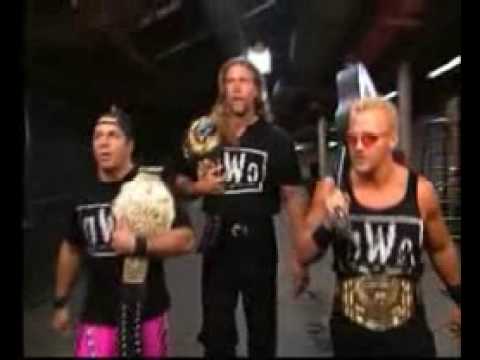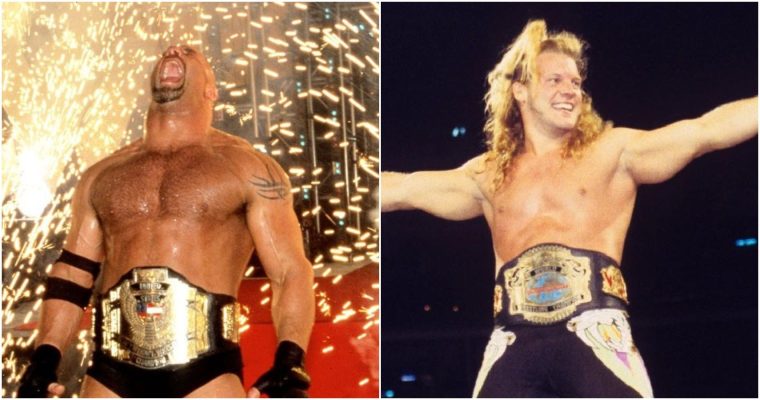What Happened WCW Wrestling?
The demise of World Championship Wrestling (WCW) is a story that still captivates wrestling fans to this day. Once a fierce competitor to the World Wrestling Federation (WWF, now WWE), WCW’s fall from grace is a cautionary tale of mismanagement, financial woes, and creative struggles.
Let’s take a closer look at what happened to WCW and how it ultimately met its unfortunate end.
The Rise of WCW

WCW emerged as a major player in the wrestling industry during the 1990s. Under the leadership of media mogul Ted Turner, WCW gained national exposure through its flagship show, Nitro.
Nitro went head-to-head with WWF’s Monday Night Raw in the infamous “Monday Night Wars,” creating a heated rivalry that pushed both companies to new heights.
One of WCW’s biggest strengths was its roster of talented wrestlers. Icons like Hulk Hogan, Ric Flair, and Sting became household names and drew massive crowds.
The company also introduced innovative concepts like high-flying cruiserweight action and the formation of factions such as the nWo (New World Order), which added an element of unpredictability to their storylines.
The Beginning of the End

Despite its initial success, cracks began to appear in WCW’s armor. The management became complacent, relying too heavily on established stars rather than nurturing new talent.
Creative decisions often seemed disjointed and lacked long-term planning, leading to inconsistent storytelling that left fans disillusioned.
Financial troubles also plagued WCW. Ted Turner’s Time Warner, which acquired the company in 1996, went through a merger with AOL in 2000, resulting in a change of priorities.
WCW was no longer seen as a valuable asset and was subsequently put up for sale.
The Final Blow
The final nail in the coffin came on March 26, 2001. On this fateful day, Vince McMahon’s WWE purchased WCW and its extensive video library.
The era of competition between the two wrestling juggernauts came to an abrupt end, marking a significant turning point in the industry.
While WWE successfully integrated some former WCW talent into its roster, such as Booker T and Diamond Dallas Page, many wrestlers found themselves without a place to call home. This marked the end of an era for WCW and left a void in professional wrestling that has yet to be filled.
The Legacy of WCW
Despite its downfall, WCW had a lasting impact on the wrestling landscape. It pushed the boundaries of sports entertainment and forced WWE to adapt and evolve.
The Monday Night Wars revolutionized how wrestling was presented on television and forever changed the industry.
Today, fans still reminisce about classic WCW moments and dream about what could have been if things had gone differently. While WCW may be gone, its memory lives on as a reminder of both the heights that can be reached and the pitfalls that await in professional wrestling.
